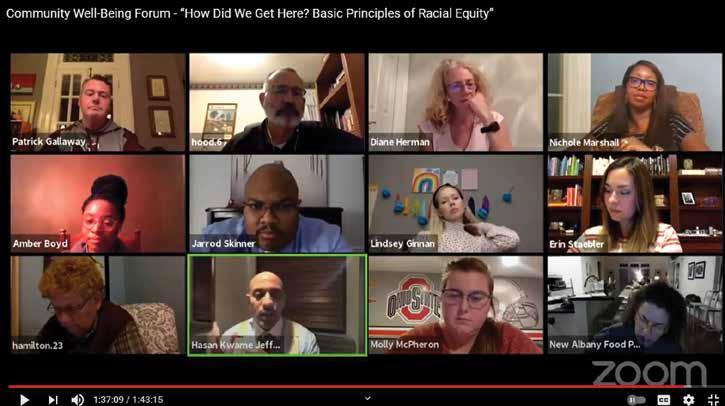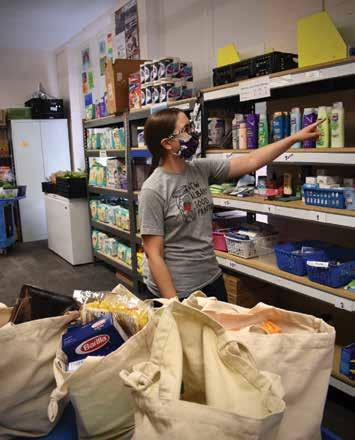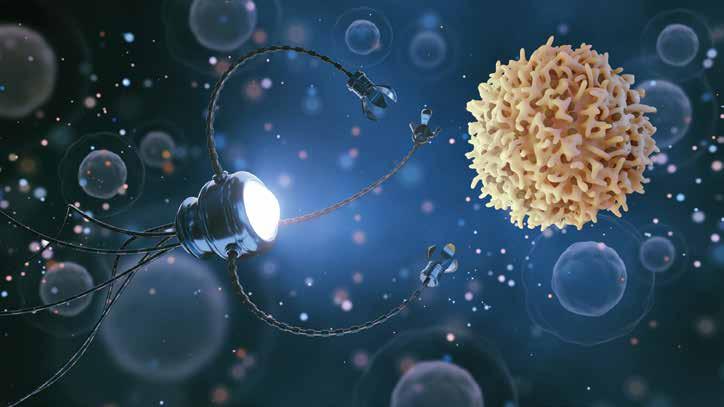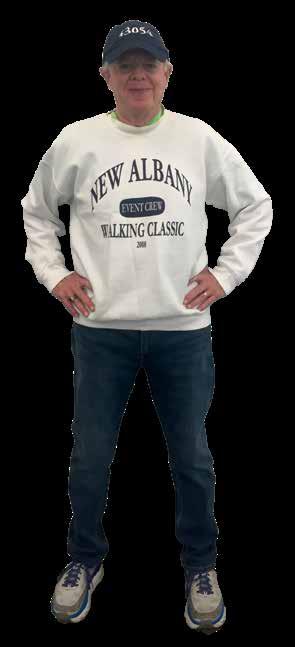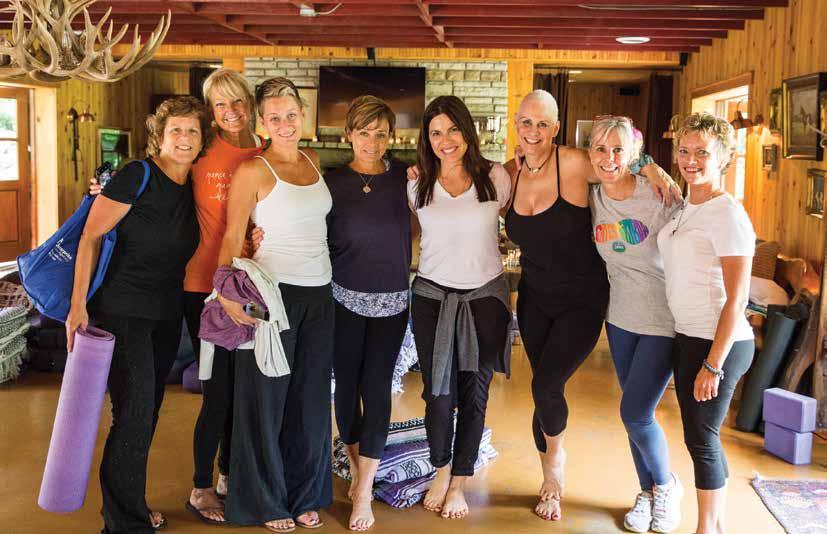Mental Health’s Champion Margaret Trudeau to speak at New Albany Community Foundation Lecture Series By Brandon Klein
T
he New Albany Community Foundation in collaboration with The Well-Being Connection will continue its focus on mental health by presenting Margaret Trudeau, bestselling author and mental health advocate, on May 4. Calling from Montreal, Canada, Trudeau spoke with Healthy New Albany about her bout with depression and bipolar disorder and her advocacy work in mental health. The conversation was edited for clarity and space.
Healthy New Albany: What attracted you or sparked your interest in becoming a speaker at the New Albany Community Foundation Lecture Series? Margaret Trudeau: Well, I have been a mental health advocate in the last 20 odd years, trying to break the stigma of mental health …and the community has tried to raise awareness through our story of the importance of mental health. That it’s as important as physical health and that we have to take care of it … We have to have the clearance to reach out and get help and be comfortable with the notion that it’s the more natural healthy choice to seek treatment, to try to get better from something that is not your fault, but is very real and can affect your relationships, your job, if you don’t take care of 22
your mental health. I have done some public speaking and found the audiences in America incredibly receptive. HNA: How has your mental health advocacy journey evolved since you began? MT: I’m an advocate. I have my own story. It makes it very human when people are not lectured about the clinical side of mental health but hear about people’s real struggles and how they found balance in a wonderful life, a whole life again after suffering with a mental illness. I can testify to it because it’s my story. As a result of being around and doing some work in the United Kingdom and the United States, I really learned a lot about the mental health community, the changes that are needed, and how I can help educate. One of the things is helping people understand that mental health is not a weakness or a shame … the thing that helped me the most is that I had a great amount of pharmaceuticals because I really had gone after my son died, I couldn’t cope one bit with bipolar condition and became very sick and getting out of it was a long process with pharmaceuticals to balance my brain, biologically. But it was the cognitive behavioral therapy that helped find another way of thinking and reacting to life, making good healthy choices. I had to do that for almost three years because I
was a hot mess with that, I had to do it for an awfully long time. I know the truth; you can’t help yourself if you have a mental health crisis. You have to reach out for help and then you’ll get better, honestly. HNA: What’s one conversation we still need to have about mental health? MT: I think the conversation is changing. I think it really is. I think mental health illness is like any other illness and must be treated as such. It impairs and disables an individual from contributing and participating in their lives … The big conversation will always have to be acceptance. Acceptance that you have an illness and acceptance that you need treatment. And you can’t fix it yourself and your loving family can’t fix it either, and we need professionals who understand how our brains and our emotions are triggered and how the brain functions. HNA: What has the COVID-19 pandemic revealed about issues related to mental health? MT: Oh, my goodness … one of the big symptoms that you’re going into depression is that you stop going out and doing things you’ve always done. Meeting with friends we’ve always met, going to art galleries, going www.healthynewalbanymagazine.com






